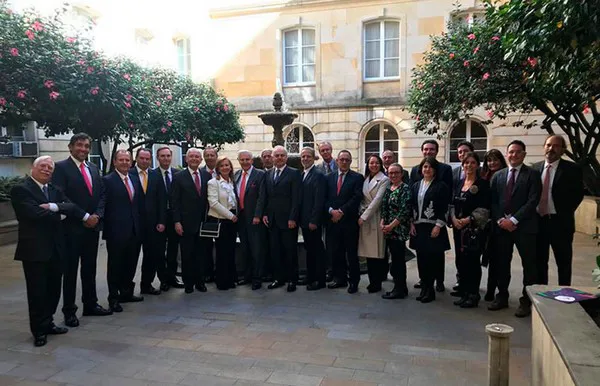For the second time, Colombia’s national government has signed an agenda with an agricultural union, showing the important role that flowers play in its economic, social and environmental development.

With the signing of the "Strategic Agenda of the Floriculture Sector 2020-2030", the national government and the Colombian Association of Flower Exporters (Asocolflores) are showing their commitment to working jointly to increase exports, take over new markets, improve the infrastructure, support research and boost the sector’s productivity.
According to Augusto Solano, president of Asocolflores, “this agenda aims for our floricultural sector to consolidate as the world’s number one in terms of quality, new species and the generation of social welfare among workers and their communities. We have worked hard to become leaders in Colombia in the field of sustainable development and the social, economic and environmental processes involved, and the government understands and supports us.”
The agenda will be the road map for the national floricultural sector for the coming years and will allow the use of the tools defined in the National Development Plan, the Sustainable Development Goals and other public policy instruments to support the implementation of a number of strategies and actions.
Before the signing of this agenda, the president of Asocolflores said that “this is another sign of the national government's commitment to the floricultural sector, as it’s resorting to truly structural public policy solutions aimed at solving its most urgent problems. It is also an acknowledgment of the work that Asocolflores has been carrying out for almost 50 years.”
For more information
A socolflores
socolflores
www.asocolflores.org
